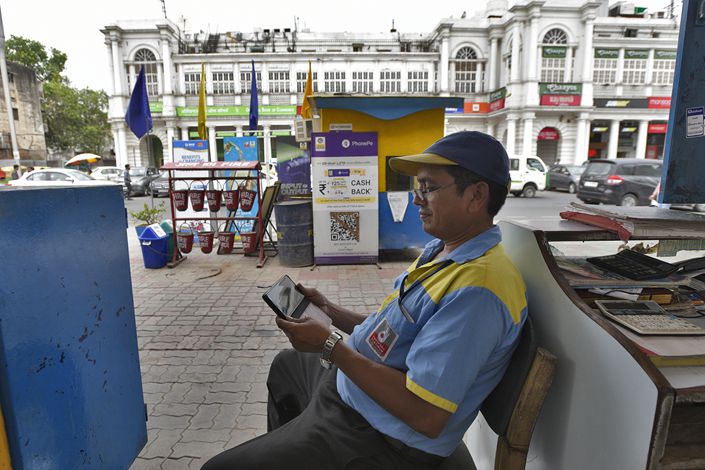Curbs Against Chinese Firms Pose Challenge for India’s Telecom Firms

(The Straits Times) — India is quietly tightening regulations against Chinese firms in the telecommunications sector as border troubles simmer, with China’s Huawei Technologies and ZTE Corp. reportedly being barred from upcoming 5G trials.
But industry insiders and telecom experts said that decoupling from the Chinese firms is not going to be easy or cost effective.
A deadly clash in Galwan Valley in Ladakh in June saw 20 Indian and an unknown number of Chinese soldiers killed.
While India and China have successfully delinked border troubles from their economic relationship for the past 30 years, the tide has now turned.
Last month, the Indian government tightened rules for companies from neighboring countries seeking to bid for government projects — essentially targeting Chinese firms.
Separately, public telecommunication companies have been asked to refrain from sourcing 4G or other equipment from Chinese firms. Just last year, the government had said all firms would be invited for 5G trials.
Firms like Bharti Airtel had named Huawei and ZTE, among others, as 5G trial partners.
Still, blocking Chinese firms is easier said than done, noted a senior executive working for a Chinese broadband equipment and network systems provider.
“Everything is up in the air and out of gear. There is so much policy uncertainty, we don’t know what is going to happen. It is easier said than done to stop taking from China, which is already embedded in the current infrastructure,” he said, adding that his firm was reassessing its presence in India.
“We are carrying on with our work, but then if we know there is nothing in the future for us, we may not want to stay on and may have to resize to manage old contracts.”
The Chinese firms, which number more than 100, are already facing difficulties from getting shipments from China amid increased scrutiny and policy uncertainty.
“The market share of Chinese firms is more than one third. That’s not a small number,” noted Mahesh Uppal, director of ComFirst, a consultant company specializing in regulation and policy.
This presents Indian telecom companies with two sets of problems, he said: having to choose the next best contender, and dealing with worries about their existing investments.
He noted that companies had chosen Chinese firms due to “functionality and cost competitiveness.”
“Most telecom companies provide equipment, which is sort of a complete solution. Any kind of mix and match will not be impossible but will come at a cost in terms of money and maybe some deterioration in quality of performance.”
Still, Huawei, when asked for a comment on 5G trials and its plans for India, remained bullish.
“India is an important market for Huawei and we have a long-term commitment” to India, the firm said in a statement.
“We are confident of our future in India based on our commitment and capability to bring value to India. We will continue to work closely with all stakeholders including the government, customers and industry partners.”
The telecom industry, consisting of fewer than half a dozen operators, has over the past two decades transformed the lives of millions of Indians to the point where even the poor can afford a phone and a connection. Many companies, however, ridden by debt and tough competition, have also folded.
Analysts said knocking Chinese firms out of the competition would add to existing financial stress.
“Sticking to purely technical and commercial issues, one can see that at a time when the companies are already struggling and they need maximum flexibility, their choices will in fact be reduced,” said Uppal.
Still, at least one Indian company, Reliance’s Jio Platforms, has announced that it is developing its own 5G network. It has not announced a deadline, and analysts said it remains to be seen how the technology shapes up.
Western firms like Nokia and Ericsson and South Korean firm Samsung now stand to benefit from the political fallout.
Sandip Sabharwal, an investment adviser, said: “Security concerns (regarding Chinese firms), both in terms of equipment and software and their apps, are worldwide. This scrutiny (in India) is going to remain in the foreseeable future, irrespective of the resolution of the border problem. They will always be looked at suspiciously for one or two years.”
This story was first published in The Straits Times.
Contact editor Yang Ge (geyang@caixin.com)
Download our app to receive breaking news alerts and read the news on the go.






